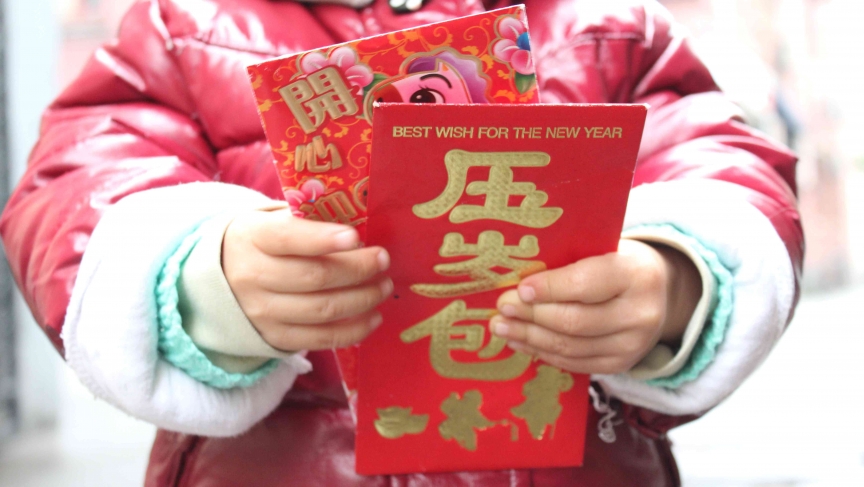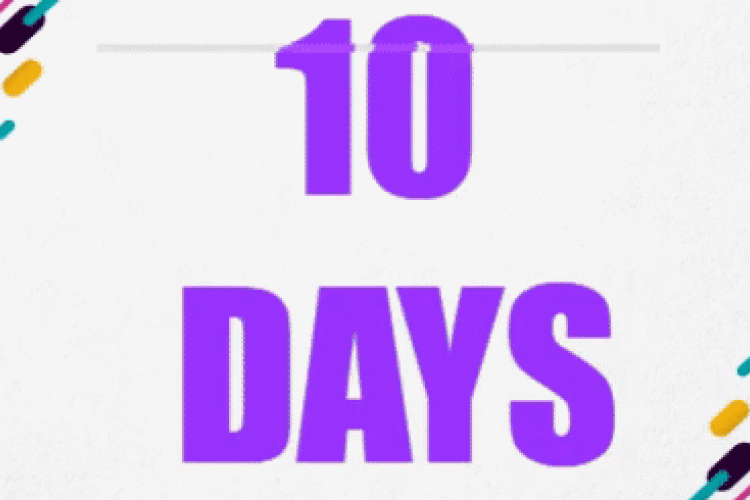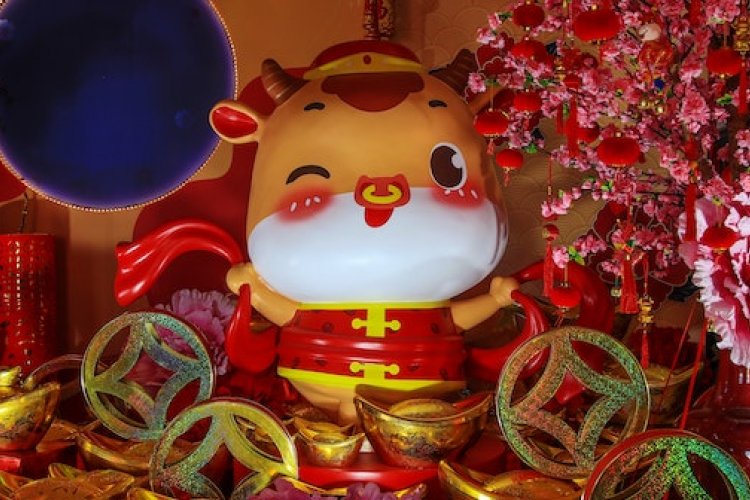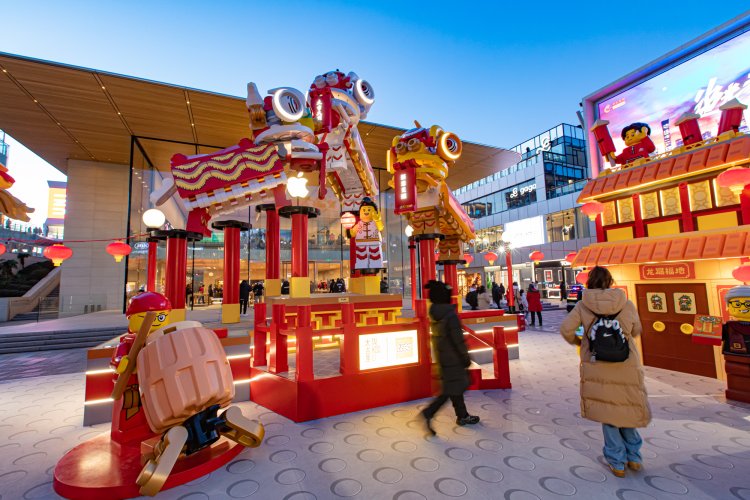CNY Takes a Step Towards Fitness, Global Reach, and Steam Mops – but It's Still Fueled by Hongbao
This post comes courtesy of our content partners at TechNode.
The data is in. Tencent’s WeChat and QQ messaging apps plus Alibaba’s Taobao and affiliate Ant Financial’s Alipay inevitably having huge new digital hongbao figures to report. This year’s reports also show strong trends for fitness, mini-games and the use of hongbao abroad. Alibaba put themselves on the TV by cooperating with the state-run – and this year globally controversial – CCTV Spring Festival Gala. It’s clear that hongbao are the carrots being used to influence behavior.
Fitness
QQ – the young person’s messaging app – ran a fitness tracking promotion. Over 210 million people took part during the first three days of the Chinese New Year (February 16-18). QQ Sport users could enter the prize draw for every hundred steps they took. The daily prize draw was worth RMB 200 million in cash and RMB 4 billion in vouchers.

QQ’s figures reveal that over 1.79 billion hongbao were sent out via the promotion. Those born in the 1990s had the highest daily step average at 5,443 steps for the three-day period, snapping up over 70 perfect of the prizes. Users born after 2000 were next with an average of 5,391 steps. '80s babies were the laziest at 5,178 steps. The national average was 5,347 steps per day, though Chongqing’s QQ users were the widest roaming, clocking up an average of 6,397 steps.
READ: This Year's Spring Festival Once Again Breaks Records for Massive Crowds
QQ Sport participants took a total number of 3.4 trillion steps in the three-day period, up 35.9 billion on the same period last year. According to Tencent, this was the equivalent of around 2.24 billion kilometers or 20 hikes to Mars and back. WeChat users with step counting activated, according to Tencent, took 6.43 trillion steps in the six days from Feb 15-20.
The general rule of thumb is to do 10,000 steps a day, but this is Chinese New Year when there’s a lot of sitting down involved. The idea behind QQ’s Spring Festival fitness campaign (走运红包 zǒuyùn hóngbāo) was to encourage young people to move from online to offline activity and to meet the new year in a more healthy way, so let’s hope there was no cheating.

Alibaba’s Taobao is a goldmine for devices that spoof steps used for winning Tencent’s hongbao via the QQ fitness promotion or ongoing competition among WeChat friends to do the most steps on any given day.
Mini-games
Despite huge numbers of people making long and fraught journeys home to see their families at Spring Festival, the inbuilt games found within WeChat still proved wildly popular. Possibly due to recent upgrades that let you compete with friends.
At one point the equivalent of the population of Ghana – over 28 million – were simultaneously playing games such as Tiao Yi Tiao. That’s over 2 percent of China’s own population.
Overseas promotion
Alibaba and Tencent are both pushing hard to capture Chinese nationals’ payments in more parts of the world. Hongbao were strewn across popular holiday destinations. WeChat ran promotions with overseas retailers to give users hongbao when shopping abroad with WeChat Pay, “allowing them to experience a little piece of the traditional Chinese festival atmosphere while they are away from home,” according to a release by Tencent.
Chinese shoppers can feel even more at home while abroad by making their payments in RMB while the merchant receives local currency. “WeChat Pay plans to constantly invest in its cross-border business, with the aim of duplicating the domestic WeChat lifestyle overseas,” said Grace Yin, WeChat Pay director for overseas operation, in the Tencent release.
Hong Kong is continuing to open up to WeChat Pay and knocked Thailand off the top spot as the destination for highest spending. Japan was in third place. Those born in the 1990s, now in their 20s, were the biggest overseas spenders.
WeChat hongbao heavyweights
More than 768 million people sent or received hongbao via WeChat, up 10 percent from last year. 688 million people used WeChat hongbao on Feb 15 (Chinese New Year’s Eve) alone. As with QQ Sport users, Chongqing did well in the hongbao rankings when a man there sent out the most hongbao: 2,727 in the six days. The biggest grabber was a man in Nanchang, Jiangxi, who scooped up 3,429. No details were provided as to how.
Over 229 billion ordinary messages were sent via WeChat, 2.8 billion Moments posts were uploaded, and 292 million hours of voice and video calls were made through the app.
What Alibaba e-commerce sales tell us about Chinese New Year
On the Alibaba side of the tracks, the main hongbao activity was through Taobao and Alipay, the payment system run by Alibaba affiliate Ant Financial. Approximately 150 million Taobao users opened up the app on Chinese New Year’s Eve for a celebrity video message wishing them a happy new year – and a hongbao.

Taobao integrated heavily with the CCTV marathon extravaganza, the Spring Festival Gala, to give away RMB 600 million in hongbao cash prizes to viewers.
Alipay gave hongbao to 251 million of its users who had collected all five ‘fortune cards’ (扫五福 sǎo wǔfú) as part of its New Year promotions.

Alibaba’s e-commerce empire provides another rich seam of data. According to the company’s “Chinese People’s New Year Customs 2018” report (our translation), TMall sales of steam mops were up 320 percent, of dishwashers up 188 percent and of robotic window cleaners up 169 percent (in Chinese).
READ: 688 Million People Used WeChat Hongbao on Chinese New Year's Eve
Over the Spring Festival period, TMall’s transactions for imported fresh produce were up almost 300 percent on last year (in Chinese). Shanghai’s elderly were the biggest hongbao grabbers, Shandong bought the most baijiu and spending via Koubei and Alipay on New Year’s Eve dinners was up 22 percent to 300,000 meals.
Images: pri.org, Tencent, Taobao/Weibo, TechNode








